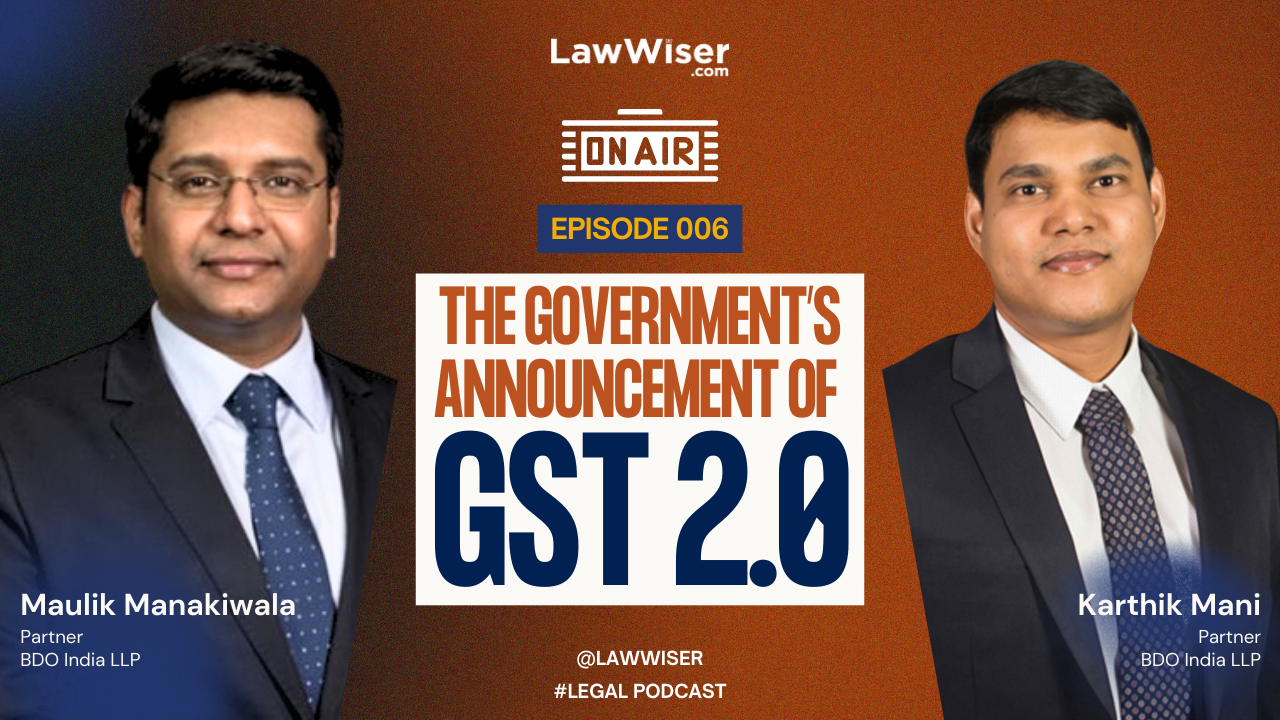ANTI TRUST LAWS IN INDIA
In this video, we will be discussing antitrust laws and their violations in India.
Antitrust laws are regulations put in place to promote fair competition and protect consumers from monopolistic practices. The laws aim to ensure healthy competition exists in a free market economy.
These laws have evolved over time, carefully preventing potential monopolies and disruptions to competitive markets. In other words, they protect consumers by promoting a competitive environment and taking action against monopolies.
India first enacted the Monopolistic and Restrictive Trade Practices Act 1969. Due to the flaws in this law, a new law, the 2002 Competition Law, was passed in full in 2009. The Executive and Judiciary also set up like Competition Commission of India and Competition Appellate Tribunal to perform different kind of Functions to promote the competition.
As given in Section 3 of The Competition Act, 2002- Any agreement related to production, supply, distribution, etc. which is of Anti-Competitive nature has a adverse effect on Competition is prohibited and fully void. As per Section 4, not dominance but the abuse is prohibited, it occurs when uses the dominance power in an Exploitative manner. The penalty imposed for the violation of the Competition Act under section 4(2) is imprisonment for a term which may extend up to three years and a monetary penalty of twenty-five crores by the Magistrate of Delhi.
Lets take a look at few real case examples of Anti Trust Law
According to a recent report from 2022, Google International LLC and Airtel have obtained CCI approval to acquire a telecom player. An agreement was drafted for the purpose of investing in and purchasing telecom player shares by both parties. However, it was seen that any arrangement which is past the put-forth limit requires the endorsement of a regulator. This is done to prevent unfair trade practices and the CCI acts as the regulator.
Another recent piece of information pertaining to the operation and functioning of the CCI demonstrates that it has accepted Air India’s acquisition of Air Asia on the condition that it will not have any adverse effect on market competition.
The CCI imposed fines in its decision against bid rigging in Indian railways tenders. The CCI imposed penalties of Rs. 30 lacs on the seven organizations found guilty of such activities. Under Section 46 of the Competition Act of 2002, one of them applied to the Commission for a lesser penalty, and the application was accepted. It was also decided that the CCI can accept an application for a lesser penalty if the true and genuine disclosure regarding the particular allegation or activity is fully disclosed.
In conclusion, that wraps up our discussion on antitrust laws and violations in India. By upholding antitrust laws, India aims to maintain a level playing field, encourage healthy competition, and safeguard the rights of consumers and businesses alike.











